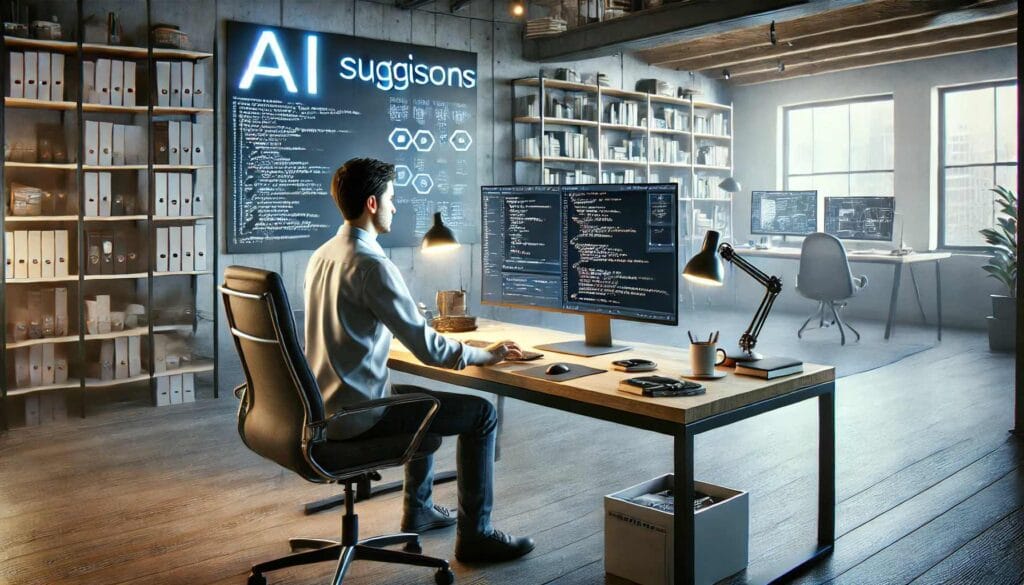The Impact of AI on Programming Skills

Artificial Intelligence (AI) is revolutionizing nearly every industry, and the field of software development is no exception. As technology advances, AI is reshaping how programmers write code, solve problems, and learn new skills. This article explores the effect of AI on programming skills, how it can enhance the capabilities of developers, and how programmers can adapt to this new era.
1. AI as a Tool for Enhanced Productivity
AI-powered tools, such as code completion assistants (e.g., GitHub Copilot, IntelliCode), have significantly reduced the time and effort required for writing and debugging code. These tools can predict and suggest code snippets based on previous lines of code or general coding patterns. For developers, this means fewer repetitive tasks and more focus on creative problem-solving. AI can also help identify potential bugs and suggest fixes, which can improve the overall quality of the code.
2. Learning and Improving Programming Skills
AI has the potential to change the way we learn programming. AI-driven platforms like coding tutors or coding games can provide personalized feedback, guide learners through complex problems, and even offer suggestions to improve code quality. These tools can adapt to a programmer’s individual learning pace and style, allowing them to master new languages or frameworks more effectively. Furthermore, AI-powered learning platforms can also simulate real-world coding challenges, offering programmers a practical and engaging environment to hone their skills.
3. Collaborative Programming with AI
AI is increasingly being integrated into collaborative programming environments, making teamwork more efficient. Platforms that support pair programming, where two developers work on the same code simultaneously, can now be enhanced with AI assistants that offer real-time suggestions and insights. This allows programmers to focus on their respective strengths while AI helps in identifying gaps or recommending improvements in the code. As AI tools become more sophisticated, the nature of collaboration in software development is expected to evolve further.
4. AI-Driven Code Generation
One of the most exciting developments in AI is the ability to automatically generate code. With the help of large language models, developers can input natural language descriptions of a desired functionality, and AI can generate the corresponding code. This technology has the potential to democratize programming, enabling non-programmers to create software applications. However, it also raises questions about the future role of programmers. While some fear that AI may reduce the need for human coders, it is more likely that AI will become a complementary tool that empowers developers to be more efficient rather than replacing them.
5. Changing the Role of Programmers
While AI is enhancing the programming process, it is also changing the role of developers. As AI takes on more routine tasks, developers will need to focus on higher-level functions, such as designing algorithms, architecting systems, and making decisions about the use of AI in software development. In the future, developers will need to understand not just how to write code but also how to integrate and leverage AI technologies to build smarter applications.
6. Conclusion: Adapting to the Future
The integration of AI into the programming world offers both opportunities and challenges. To stay competitive in this evolving landscape, programmers must embrace AI technologies, learn to use them effectively, and continuously improve their skills. By doing so, they can enhance their productivity, create more innovative solutions, and position themselves as indispensable in the age of AI-driven development.
Source : Medium.com




